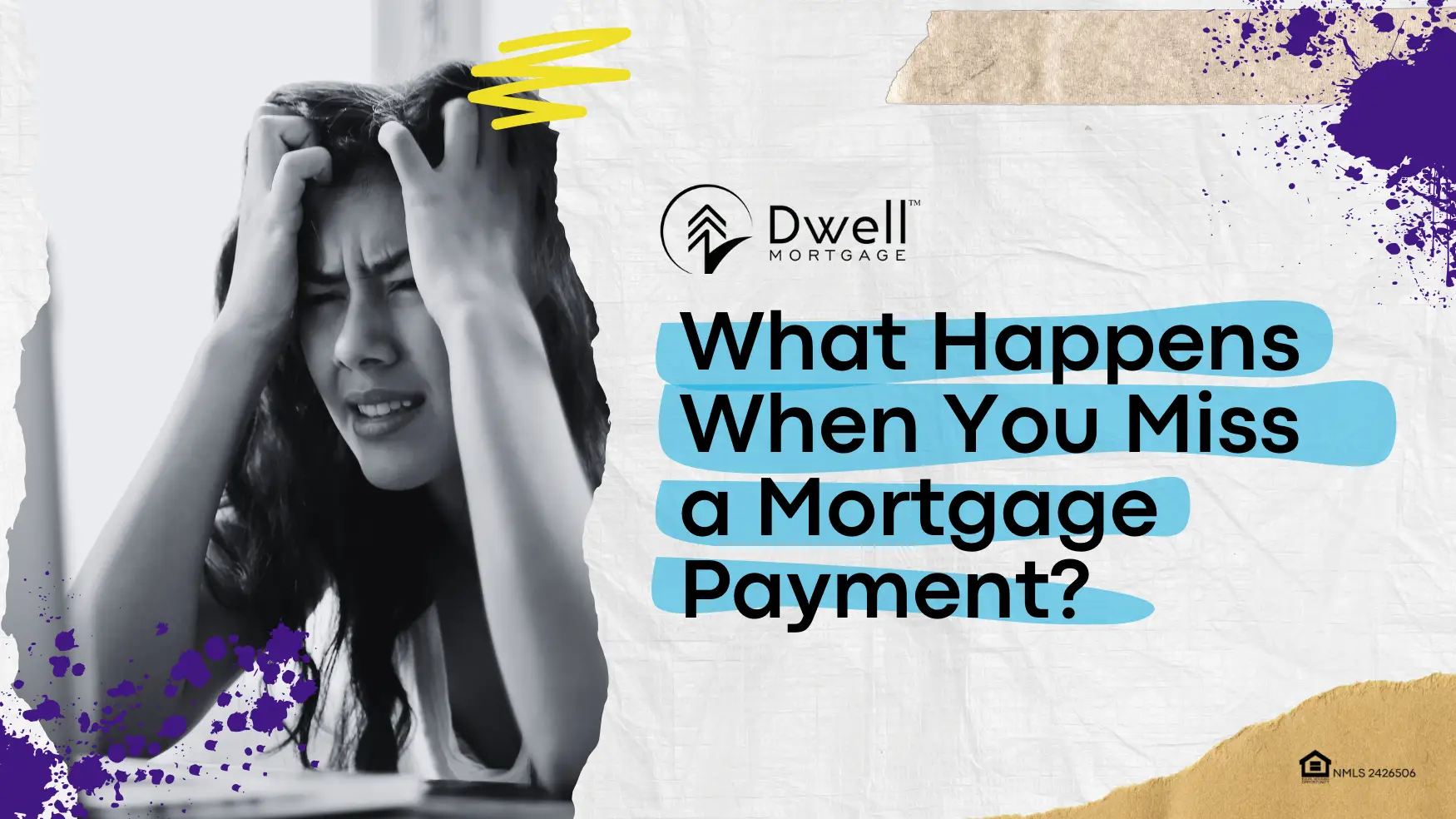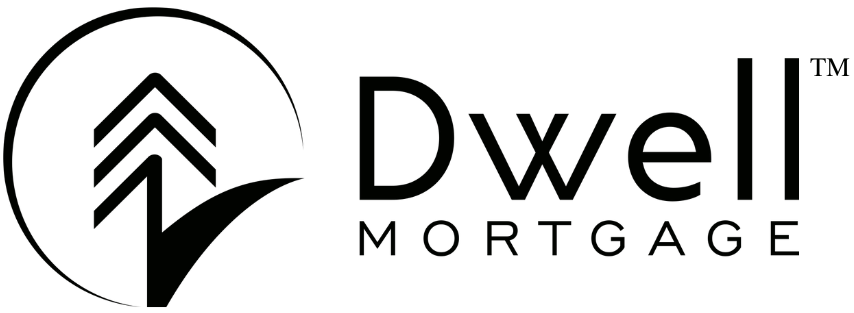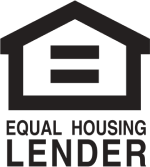Key Loan and Mortgage Terms Defined
Understanding the terminology associated with mortgages and home loans is crucial for first-time homebuyers. This article will define and explain key terms you’re likely to encounter during the homebuying process, helping you navigate the complexities of mortgage financing with confidence.
Essential Mortgage Terms
- Adjustable-Rate Mortgage (ARM):
An ARM is a type of loan where the interest rate can change periodically, usually in relation to an index. The initial interest rate is often lower than that of a fixed-rate mortgage, but it can increase or decrease over time. For example, a 5/1 ARM has a fixed rate for the first five years, then adjusts annually. - Amortization:
This refers to the process of paying off a loan with regular payments over time. Each payment includes both principal and interest, with the proportion of principal increasing over the loan term. - Annual Percentage Rate (APR):
The APR represents the total cost of borrowing, including the interest rate and other charges, expressed as a yearly percentage. It’s typically higher than the interest rate and provides a more comprehensive view of loan costs. - Closing Costs:
These are fees associated with finalizing your mortgage, typically ranging from 2% to 5% of the loan amount. They may include appraisal fees, title insurance, attorney fees, and more. - Conventional Loan:
This is a mortgage not insured or guaranteed by the federal government. It typically requires a higher credit score and down payment compared to government-backed loans. These loans are backed by either Fannie Mae or Freddie Mac. - Down Payment:
This is the amount of money you pay upfront when purchasing a home. It’s usually expressed as a percentage of the home’s purchase price. - Escrow:
An account held by a third party to hold money or documents until specific conditions are met. In mortgages, it’s often used to hold funds for property taxes and insurance. - Fixed-Rate Mortgage:
A home loan with an interest rate that remains the same for the entire term of the loan, resulting in consistent principal and interest payments. - Government-Backed Loans:
These include FHA, VA, and USDA loans, which are insured or guaranteed by federal agencies and often have more flexible qualifying requirements.
Understanding Loan Terms
- Loan-to-Value (LTV) Ratio:
This is the amount of the loan compared to the value of the property, expressed as a percentage. A lower LTV often results in better loan terms. - Private Mortgage Insurance (PMI):
Insurance required by lenders when the down payment is less than 20% on a conventional loan. It protects the lender if the borrower defaults. - Principal:
The original amount borrowed in a loan. Each mortgage payment reduces the principal owed. - Underwriting:
The process a lender uses to determine if the risk of offering a mortgage to a particular borrower under certain parameters is acceptable.
Important Financial Concepts
- Debt-to-Income (DTI) Ratio:
The percentage of your monthly gross income that goes toward paying debts. Lenders use this to determine how much you can afford to borrow. - Equity:
The difference between the current market value of your home and the amount you owe on your mortgage. - PITI:
An acronym for the four main components of a mortgage payment: Principal, Interest, Taxes, and Insurance.
Mortgage Application Terms
- Pre-approval:
A lender’s conditional commitment to lend a specific amount to a borrower. It involves a more thorough review of your finances than pre-qualification. - Pre-qualification:
An informal evaluation of your borrowing potential based on self-reported information. It’s less comprehensive than pre-approval. - Loan Estimate:
A standardized form that lenders must provide within three business days of receiving your loan application. It outlines the estimated interest rate, monthly payment, and total closing costs for the loan. - Closing Disclosure:
A five-page form that provides final details about the mortgage loan you’ve selected. It includes the loan terms, projected monthly payments, and closing costs.
Additional Terms
- Points:
Fees paid to the lender at closing in exchange for a reduced interest rate. One point equals one percent of the loan amount. - Balloon Mortgage:
A mortgage that requires the borrower to make a large lump sum payment at the end of the loan term. - Conforming Loan:
A mortgage that meets the funding criteria of Fannie Mae and Freddie Mac, including limits on the amount that can be borrowed. - Jumbo Loan:
A mortgage with a loan amount higher than the conforming loan limits set by Fannie Mae and Freddie Mac. - Refinance:
The process of replacing an existing mortgage with a new loan, often to secure a lower interest rate or change the loan term.
Understanding these terms will help you communicate effectively with lenders, real estate agents, and other professionals involved in the homebuying process. It will also enable you to make more informed decisions about your mortgage options. Remember, if you encounter any unfamiliar terms during your homebuying journey, don’t hesitate to ask your Dwell Mortgage Broker or real estate professional for clarification. Being well-informed is key to a successful and confident homebuying experience.






